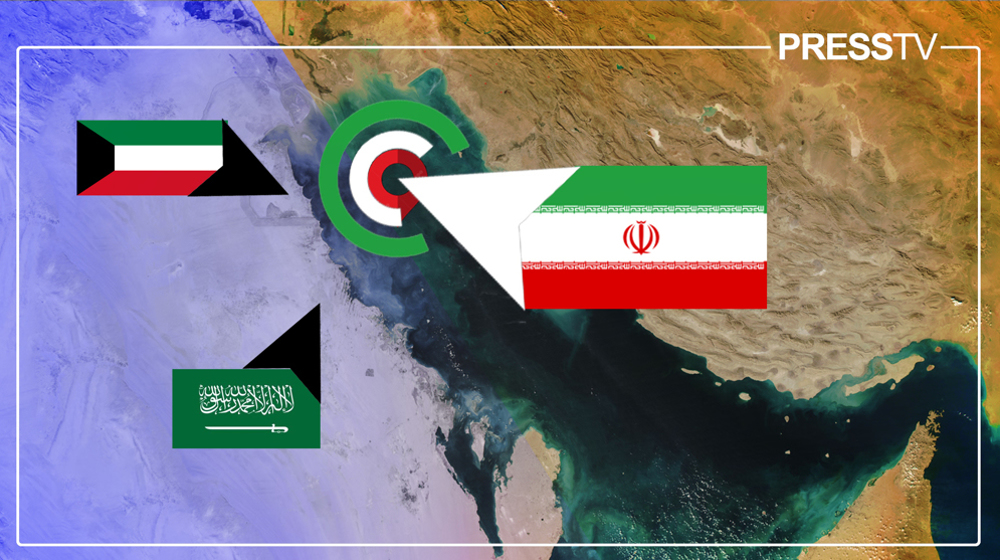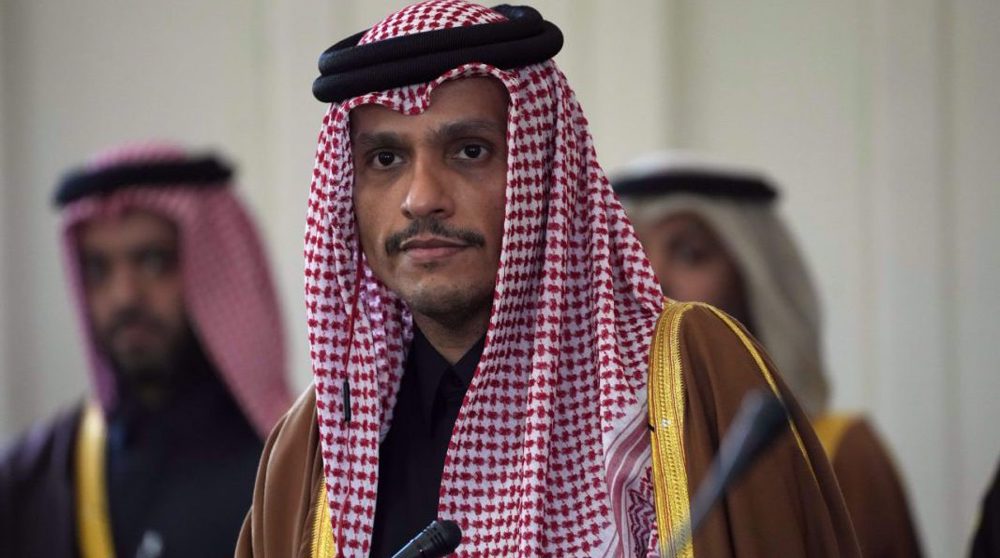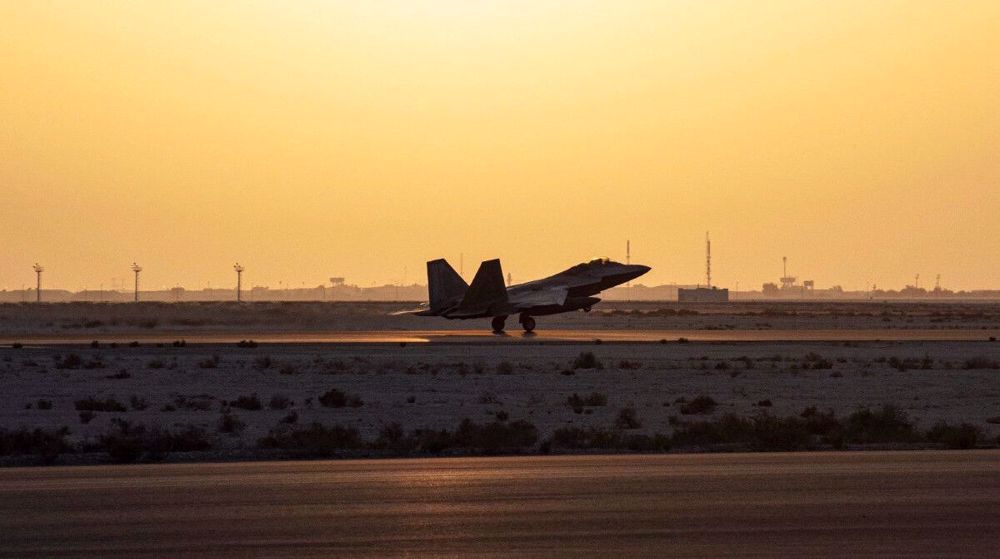UAE violates arms embargo on Libya with exports to Haftar: UNSC
The United Nations Security Council says the United Arab Emirates (UAE) has breached an arms embargo on Libya by sending attack helicopters, attack aircraft, and armored vehicles to troops commanded by self-styled Libyan General Khalifa Haftar.
The Council report, obtained by media outlets, cited evidence that the UAE militarily supported Haftar’s Libyan National Army (LNA) militia in eastern Libya.
The 300-page report, which documents the transfer of arms to all parties to the ongoing Libyan conflict in violation of a UN resolution, is due to be released in the near future.
The Security Council imposed the weapons ban on Libya and all warring factions there during the popular uprising in the North African country in 2011.
The UN report also noted a “general increase in direct foreign support to armed factions in Libya.”
According to the report, the UAE provided Haftar’s LNA with helicopters, including a Russian-made Mi-24 Hind gunship, and a single-engine light attack plane.
More than 90 armored personnel carriers and more than 500 other vehicles had also been transferred from the UAE to the LNA in the eastern city of Tobruk in April 2016 with assistance from Saudi Arabia, the report added.
The report also said the Mi-24 Hind was operating alongside the US-produced light attack aircraft AT-802i.
The UAE has imported 48 aircraft from the Texas-based Air Tractor Inc., and at least one of those has found its way to Libya, the report said. The aircraft was originally developed to fight fires but was converted so as to be used as a strike aircraft in counter-insurgency operations.
It was not clear if and what measures would be taken against the UAE for the breach of the international arms embargo.
Libya has faced a power vacuum since a US-led military intervention resulted in the downfall of its longtime dictator Muammar Gaddafi in 2011. The country has been grappling with chaos and the emergence of numerous militant groups, including Daesh.
The country now has two governments, one based in the capital, Tripoli, and the other based in the far east, in the city of Tobruk. The government in Tripoli is internationally recognized but both Haftar and the eastern-based parliament refuse to recognize it.

The UN report further said that the air power provided by the UAE by making the mentioned aircraft available to Haftar’s troops had allowed them to advance and capture larger areas of eastern Libya.
The UAE had failed to respond to the findings of the UN report, its authors said.
The strengthening of Haftar’s forces could complicate efforts by Libya’s neighbors, Algeria and Tunisia, to find a political solution to the Libyan conflict.
US House speaker wants National Guard to quell pro-Palestine student protests
Iran, Russia sign MoU to strengthen security cooperation
VIDEO | Iran marks defeat of US military operation in Tabas Desert
VIDEO | Press TV's news headlines
US troopers crack down on pro-Palestinian protests at University of Texas
VIDEO | German warship departs Red Sea as EU 'naval mission' fails
VIDEO | Palestinians inspect rubble of destroyed building in Rafah
Yemeni forces strike US, Israeli vessels in fresh pro-Palestinian operations















 This makes it easy to access the Press TV website
This makes it easy to access the Press TV website